Life
Sign up for our newsletter
We summarize the week's scientific breakthroughs every Thursday.
-
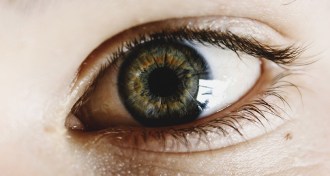 Health & Medicine
Health & MedicineNew techniques regrow lens, cornea tissue
Preliminary stem cell discoveries may restore lenses and corneas.
-
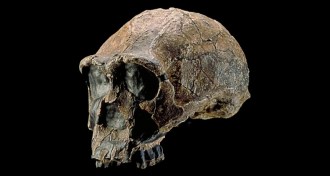 Anthropology
AnthropologyH. erectus cut, chewed way through evolution
A diet that included raw, sliced meat changed the face of early Homo evolution, scientists say.
By Bruce Bower -
 Oceans
OceansSwirls of plankton decorate the Arabian Sea
The dinoflagellate Noctiluca scintillans is taking over in the Arabian Sea, posing a potential threat to its ecosystem.
-
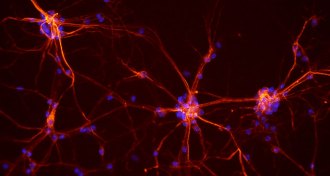 Neuroscience
NeuroscienceScientists still haven’t solved mystery of memory
50 years have refined a basic understanding of the brain, but scientists are still exploring how memories form, change and persist.
-
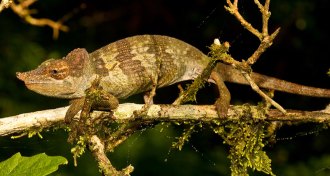 Animals
AnimalsNew chameleon has strange snout, odd distribution
A new species of chameleon from Tanzania echoes the unusual range of the kipunji monkey.
By Susan Milius -
 Climate
ClimateEarlier blooming intensifies spring heat waves in Europe
The early arrival of spring plants due to climate change amplifies springtime heat waves in Europe, new climate simulations suggest.
-
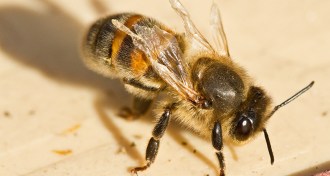 Animals
AnimalsMite-virus alliance could be bringing down honeybees
Parasitic mites and a virus have a mutually beneficial alliance while attacking honeybees.
-
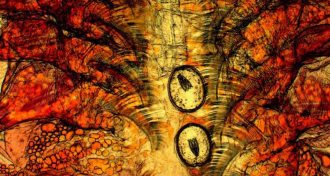 Animals
AnimalsParasites help brine shrimp survive toxic waters
When brine shrimp are infected with tapeworms, the tiny aquatic organisms survive better in warm waters and in those laced with toxic arsenic.
-
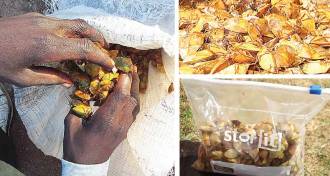 Animals
AnimalsEat your stinkbugs
Prepared as a snack by some groups in southern Africa, the stinkbug Encosternum delegorguei is a good source of protein and antioxidants.
-
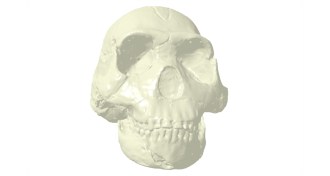 Paleontology
PaleontologyFree virtual fossils for everyone
MorphoSource.org archives 3-D images of bones from over 200 genera of both living and extinct animals.
By Erin Wayman -
 Health & Medicine
Health & MedicineMind’s healing powers put to the test in new book
Cure: A Journey Into the Science of Mind Over Body investigates the brain’s role in keeping people healthy.
-
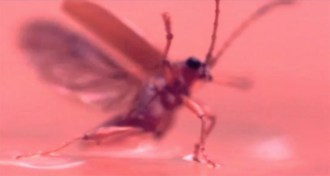 Animals
AnimalsThese beetles use surface tension to water-ski
Waterlily beetles are in for a fast and bumpy ride as they fly across ponds, researchers find.